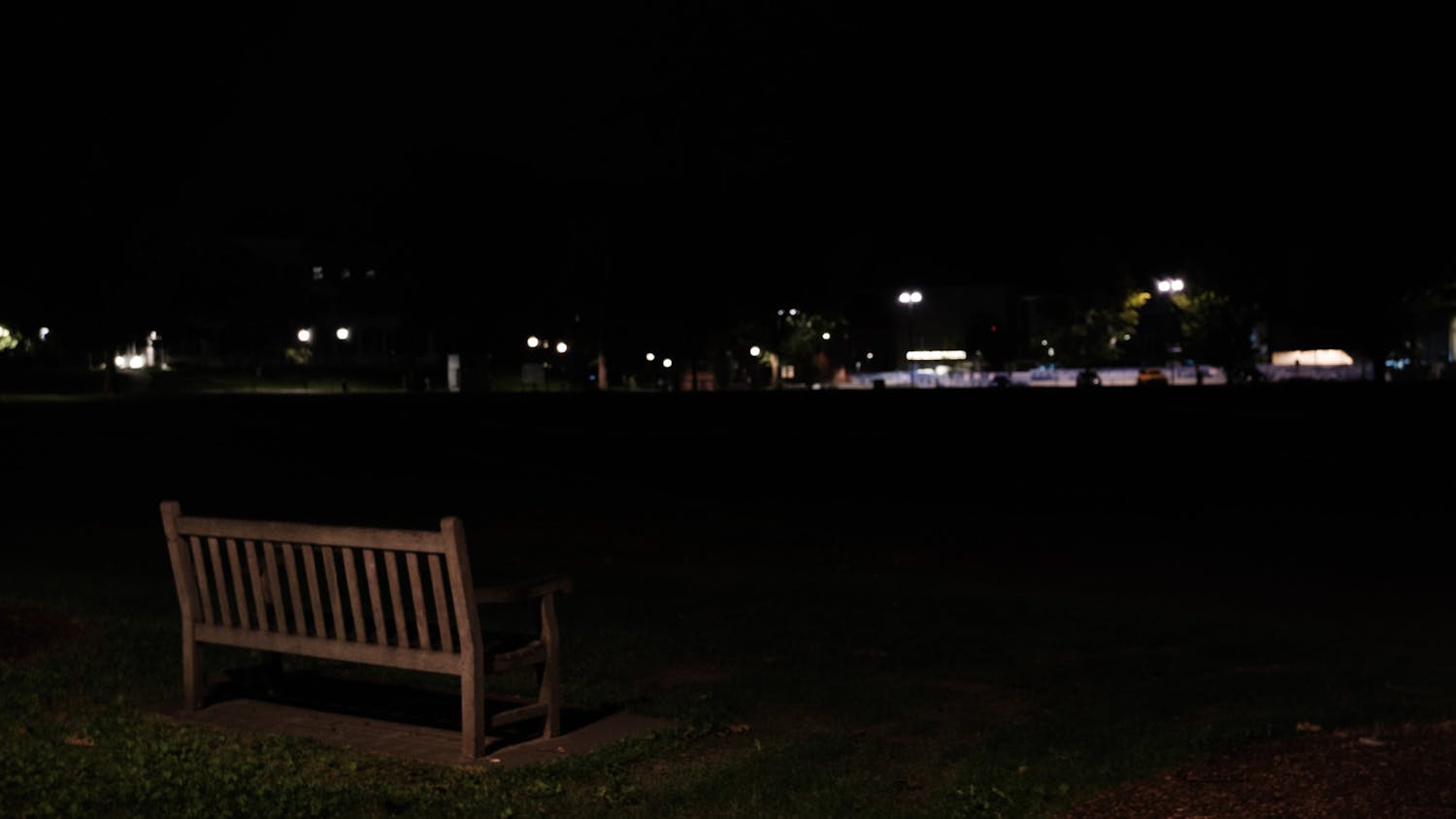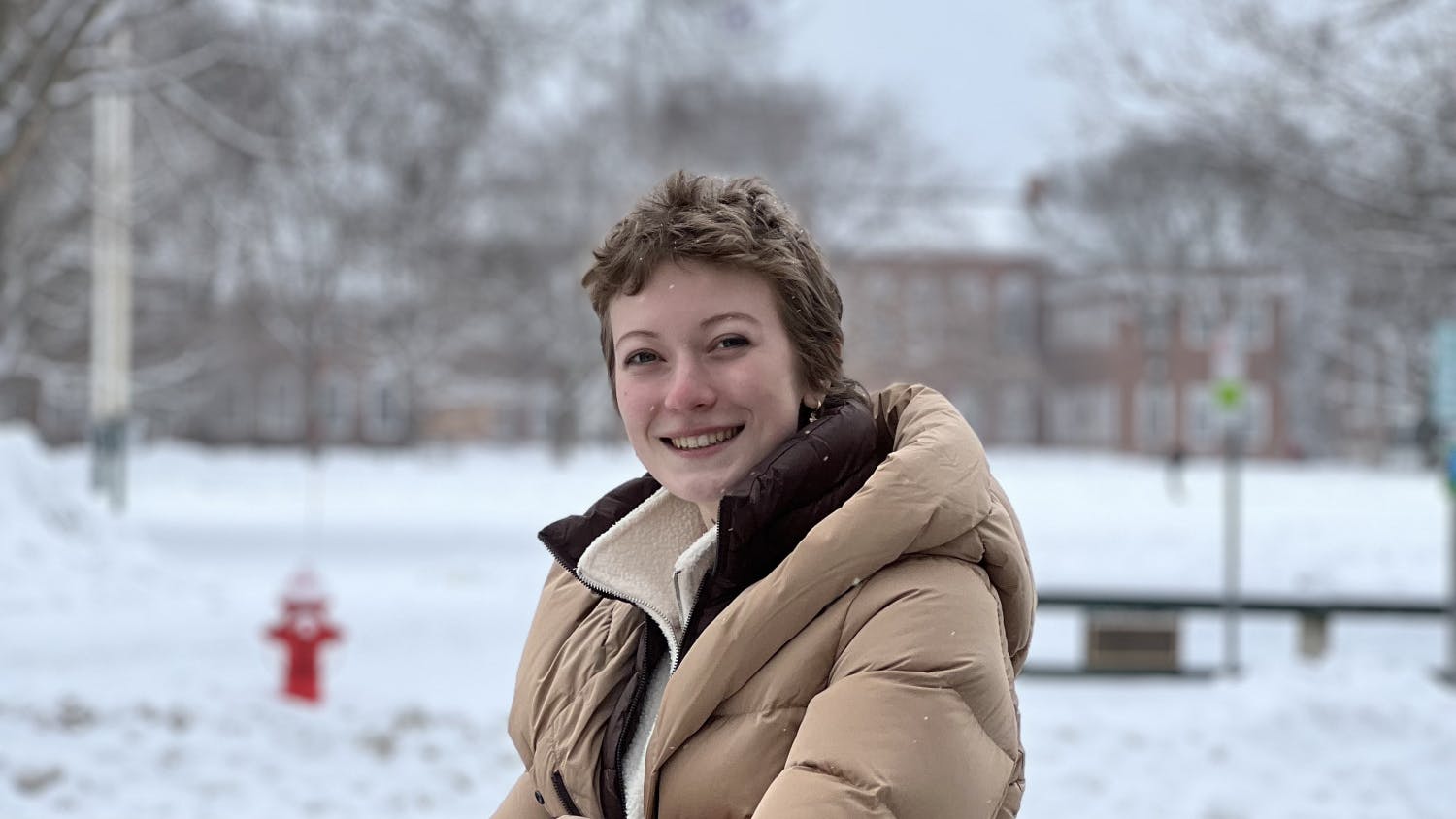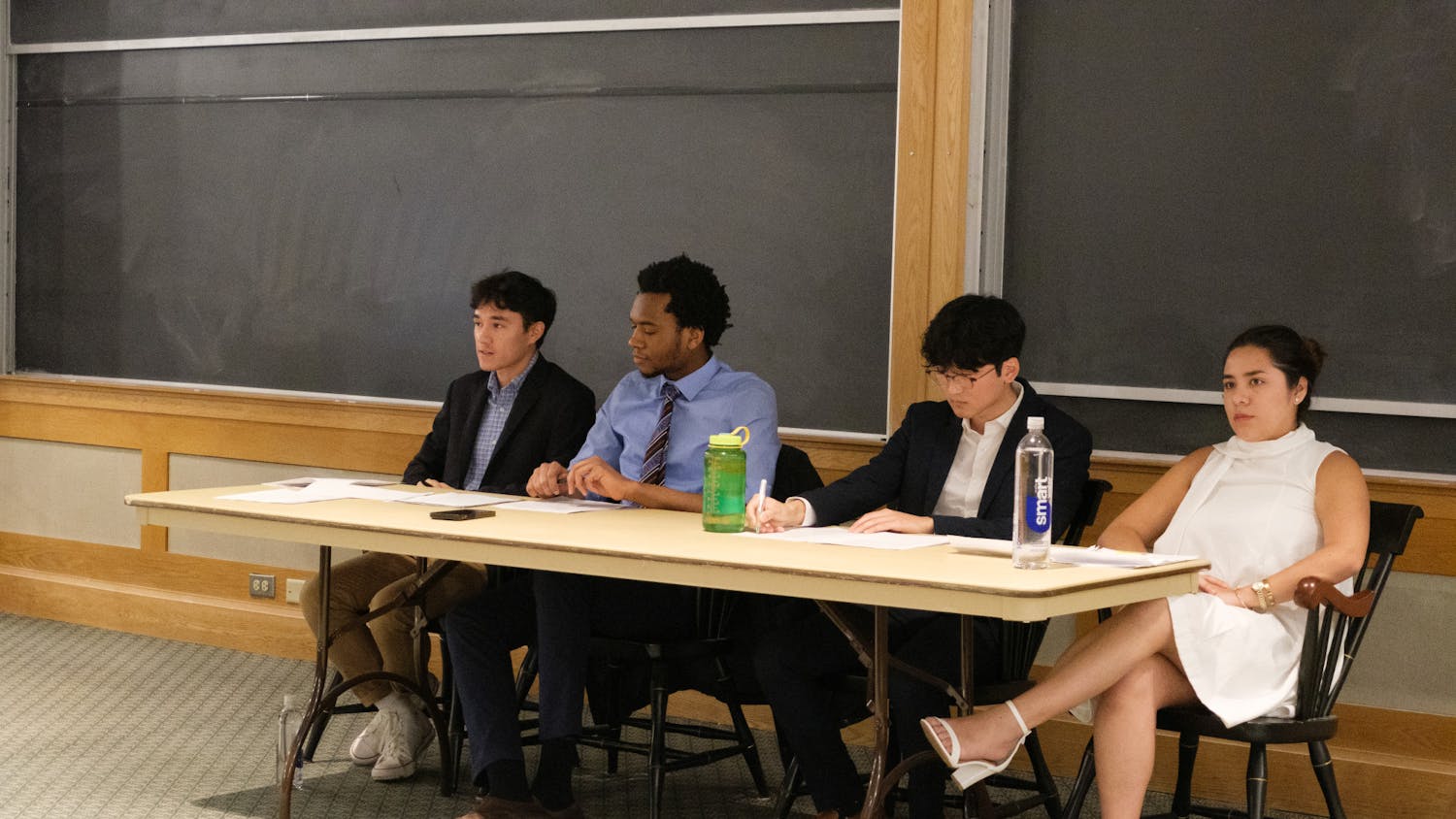Geographically isolated, with a complicated history, Dartmouth has not always provided a comfortable environment for students of color, particularly in the years when the number of minorities in any given class could be counted on a single hand.
Even today, the College struggles to make itself a more welcoming place, most recently with the World Cultures Initiative, vaguely defined though it may be.
But underlying what can, and often has been a difficult experience for students of color, is an alumni group that is both active and highly organized, often much more so than at peer institutions. While Dartmouth has sometimes been criticized as one of the last schools in the Ivy League to truly diversify, it was nonetheless among the first to actively embrace its alumni of color as a group.
The Black Alumni of Dartmouth Association, for example, was started before coeducation, in the early 1970s, making it the first of such organizations on a predominately white campus. And while many colleges and universities are just starting to have special functions for their alumni of color, African-American graduates have been hosting such reunions at Dartmouth for upwards of 25 years.
Founders of BADA say that both the relatively small size of Dartmouth and the prevalence of racially charged issues created an environment favorable to an active alumni base.
"There was the question of not only what the College could do for black students, but what black alumni could do for black students," said Keith Jackson '70, who helped start the organization.
"It's a smaller school, we knew everybody. There was a basis of camaraderie that there wasn't at Harvard, Yale, Princeton, Columbia," he explained.
Ultimately, it was African-American students themselves who reached out to alumni and asked that they organize.
Since then, the role of BADA has been multifold: to mentor black students, act as a resource base for African-American graduates, raise funds for scholarships and help recruit perspective students.
Notably, Dartmouth itself does not initiate such undertakings. While the College does encourage its alumni of color to be active, it rarely recruits them, according to Director of Alumni Relations Nelson Armstrong.
"I dare say, more often than not, that it's alumni of color who say there's something they want to do, as opposed to the College targeting them," he said.
While BADA has long represented black alumni in College affairs, only recently has the scope of minority alumni organizations expanded. Four years ago, a group of Native American graduates formed their own organization, as did Asian and Pacific American graduates two years ago.
A large focus of the minority alumni organizations is emphasizing ways in which the College has evolved.
"What we're trying to do is bring alumni of color back, and remind them that Dartmouth is different now," said Ray Burns '86, who now heads the Native American Alumni Association.
And that benefits the College, too.
"The Alumni Office has noted that when alumni of color graduate, they disappear from Dartmouth. So we're trying to reverse that," Burns said.
This means that minority alumni are now more active in traditional alumni activities such as fundraising, as well as less tangible enterprises such as encouraging minority high school students to apply to Dartmouth, a development that the College has indeed found helpful.
"The involvement of alumni of color in admissions is essential," said Director of Minority Recruiting Jim Washington.
In addition to interviewing applicants, minority alumni help sponsor individual initiatives such as Dartmouth Bound, a program that pays for prospective students of color to visit the Dartmouth campus.
At the same time, the alumni of color organizations give focus to more personal matters. They enjoy staying in contact with each other, using their databases for career purposes and staying in touch with College affairs, they say.
"The goal of the organization is really to bring the Asian and Pacific American alums together," explained Sarah Cho '97, one of the founders of the Dartmouth Asian and Pacific American Alumni Association.
Still, difficulties remain.
"What's really hard right now is it's a huge initiative, and in addition to that not all people define themselves as Asian-American," Cho said.
But, as the president of BADA explained, the work is satisfying nonetheless.
"We definitely feel a commitment to help those of us behind us, because we feel grateful to those who blazed the trail ahead of us," explained Todd Cranford '85.



